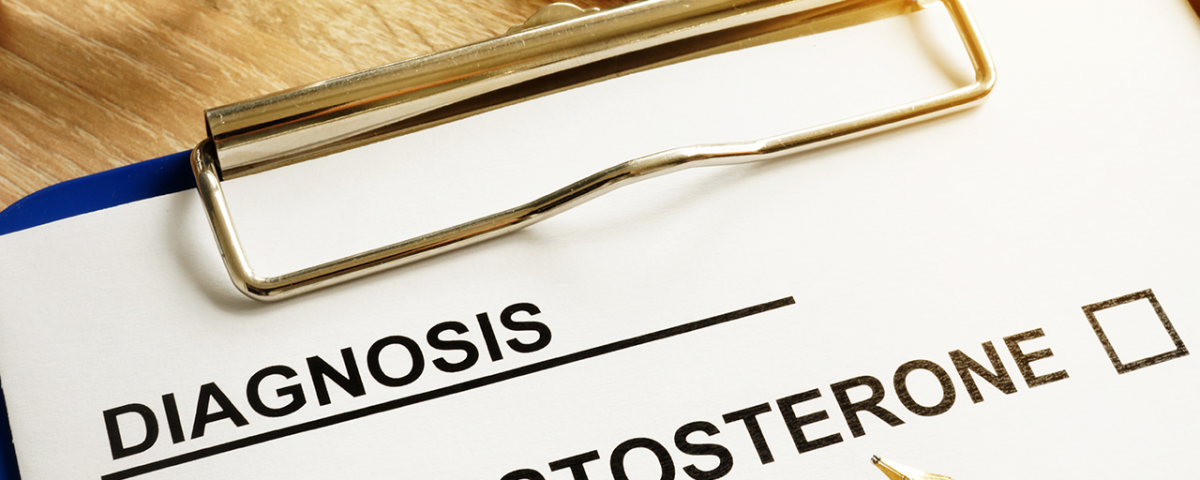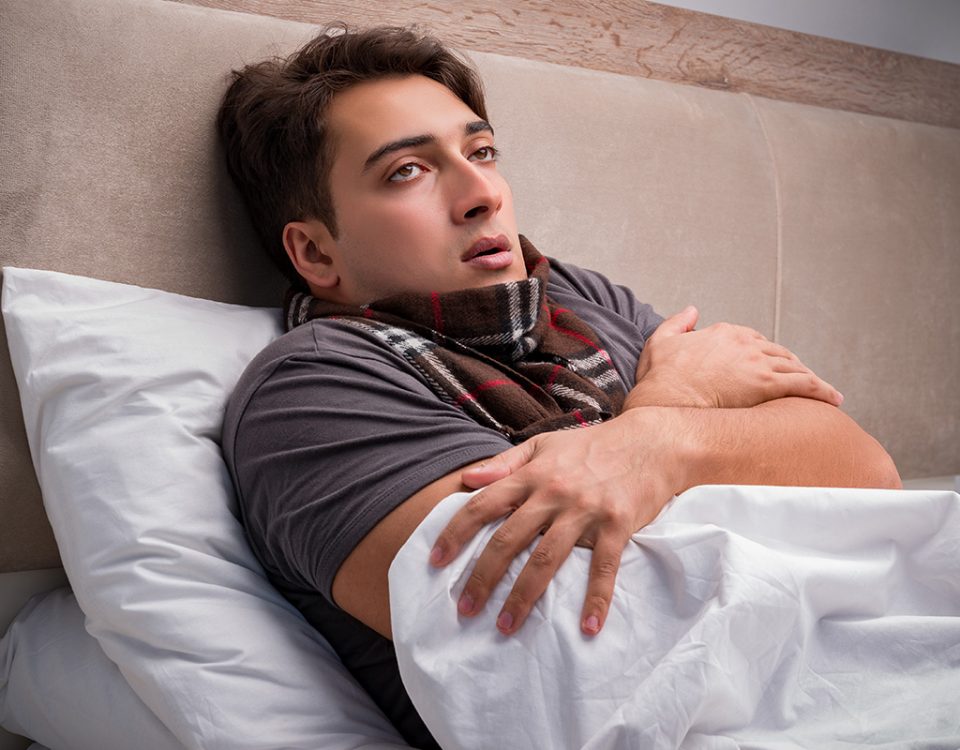Testosterone is a naturally occurring androgen hormone produced by the adrenal cortex, the testes, and the ovaries. The hormone regulates a healthy libido, fat distribution, bone and muscle mass, and the production of red blood cells and sperm. The combination of alcohol and testosterone affects the body in numerous ways. The body may stop producing the hormone due to a lack of sleep or exercise or even from a nutrient deficiency. When alcohol is consumed, alcohol plays a significant role when it comes to testosterone levels.
How Does Alcohol Affect Testosterone?
Today, around twenty-five percent of testosterone levels have lowered in American men since the 1980s. Alcohol is indicated as the primary cause for the dramatic decline in levels, and alcohol can affect testosterone levels in various ways. Since alcohol does lower testosterone, what are the effects that follow the decrease? Alcohol and testosterone side effects include:
- Infertility
- Low libido
- Smaller testicles
- Erectile dysfunction
- Loss of muscle mass
- Lack of sperm development
Women are not heavily influenced by low testosterone from drinking alcohol. Yet, if a man experiences low testosterone levels, then there are adverse side effects or symptoms that may arise and affect everyday life. Symptoms of low testosterone in men include:
- Lethargy
- Low libido
- Hot flashes
- Depression
- Loss of bone mass
- Poor concentration
- Development of breast
- Loss of body or facial hair
Even a few drinks can harm a man’s testosterone levels, but chronic drinking can significantly reduce healthy hormone balance. Alcohol addiction treatment is highly recommended to prevent symptoms such as loss of muscle and bone mass. Quitting alcohol helps reverse the negative side effects on the body and the damage done to the brain.
Does Beer Lower Testosterone?
The alcohol effect on testosterone is serious and drinking two or more beers a day can lower the hormone levels. However, men can drink one beer and not experience any negative effects on the body. Twenty-five units per week or two pints a day of beer lowers hormone levels in the body. Moderate levels (less than 14 units per week) seem to not have negative effects or impact the balance of testosterone levels.
Will Quitting Alcohol Increase Testosterone?
If a person does not want to quit drinking but desires to maintain a healthy testosterone level, then sustaining a healthy and nutritional diet can regulate the hormones in the body. If a person refrains from drinking for up to two weeks or more, then the body will naturally increase testosterone levels and reduce the negative impact on the brain. Again, boosting testosterone is possible through a healthy diet, exercise, and a lack of drinking.
Alcohol Addiction Recovery at Our Florida Banyan Treatment Center
If you or a loved one is struggling with alcohol addiction and are worried about the adverse effects on the brain and body, our experienced medical staff has you covered. We offer a successful alcohol detox that will cleanse your body of toxins. We ensure safety and a clean environment during the withdrawal process. From our 12-step program to our other beneficial therapeutic methods, we can provide a personally designed treatment plan to help you achieve your recovery goals.
Don’t wait. Contact a professional at Banyan Detox Stuart by calling 888-280-4763 and asking about our intensive inpatient program to get started today!
Related Readings:









